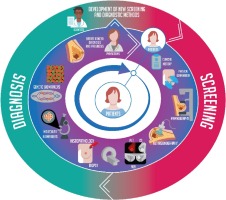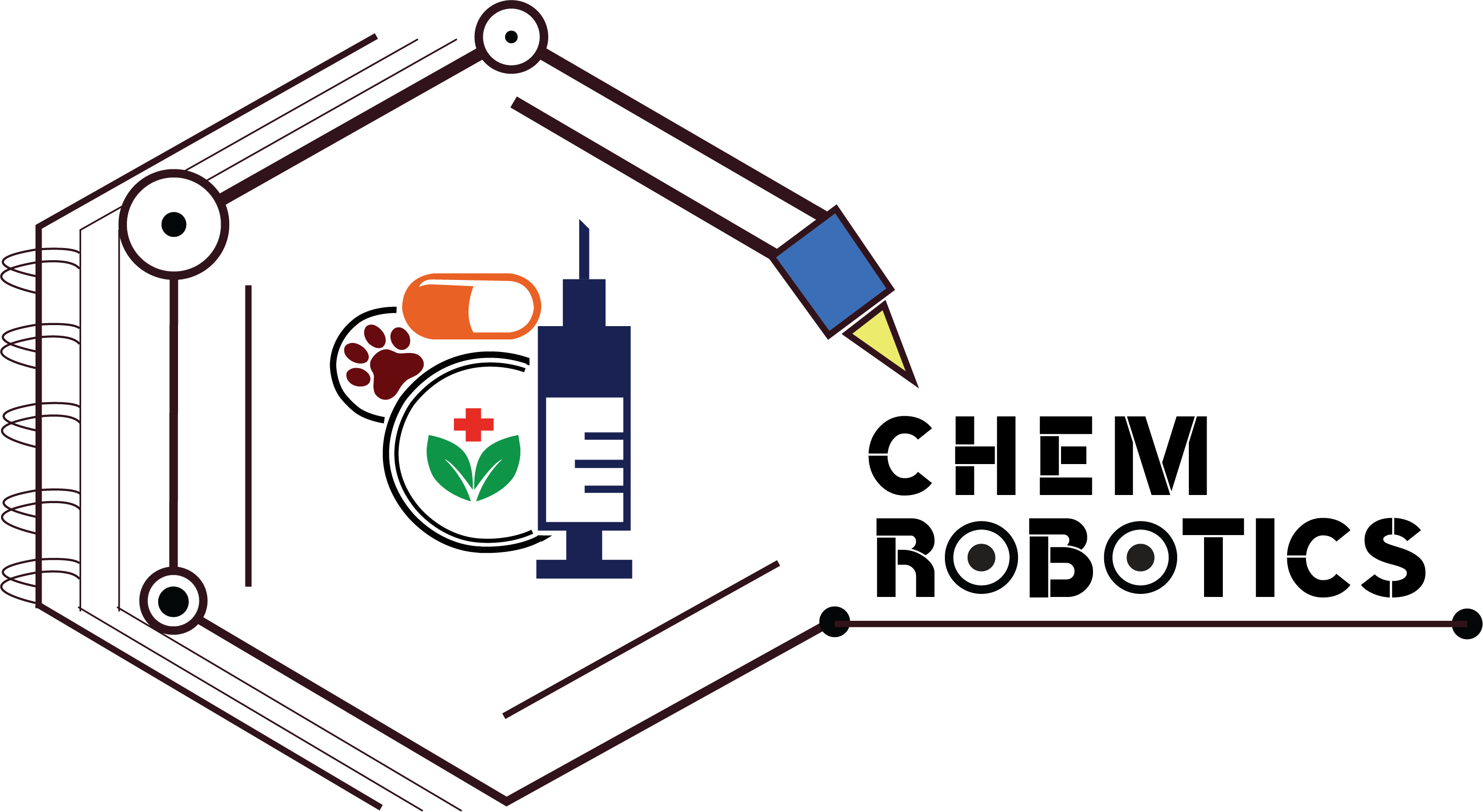SUMMARY:
- DNAe, alongside Imperial College London, has been awarded a UK Knowledge Transfer Partnership (KTP) by Innovate UK to collaborate on the early detection of recurrent breast cancer.
- The programme is aiming to develop a ‘liquid biopsy’ test based on DNAe’s proprietary ‘sample to answer’ NGS technology.
- In the UK, There are around 55,900 new breast cancer cases in the UK every year, that’s more than 150 every day

New collaboration to develop next-gen diagnostic platform for early cancer detection.
DNAe, alongside Imperial College London, has been awarded a UK Knowledge Transfer Partnership (KTP) by Innovate UK to collaborate on the early detection of recurrent breast cancer.
The programme will support the development of next-generation sequencing (NGS)-based diagnostic platform for use in cancer monitoring.
The work of the KTP is set to build on the existing research partnership between professor Coombes and professor Jacqui Shaw head of the Department of Genetics and Genome Biology and professor of Translational Cancer Genetics at the University of Leicester.
The programme is aiming to develop a ‘liquid biopsy’ test based on DNA’s proprietary ‘sample to answer’ NGS technology – which is designed to directly detect and identify biomarkers and mutation hotspots that have been previously identified in Coombes’ and Shaw’s research.
The markers will be used to monitor treatment and hence detect the early recurrence of breast cancer.
Professor Charles Coombes, Professor of Medical Oncology, Imperial, and Honorary Consultant Medical Oncologist, Imperial College Healthcare Trust, said: “Cancer monitoring is a vital component of successful treatment. Firstly, we need to ensure a patient’s tumour is responding to the therapy, and secondly, patients in remission must be monitored for signs of recurrence. The current monitoring options are slow, and any delays to appropriate cancer care can lower the chance of survival and increase treatment-associated problems and costs. Although we are at the early stages, I believe that DNAe’s integrated, sequencing-based platform could ultimately provide rapid, actionable information that saves patients’ lives.”
Professor Jacqui Shaw, Head of the Department of Genetics and Genome Biology, University of Leicester, added: “This is an exciting collaboration with DNAe and Imperial, where we will combine our expertise to develop a rapid integrated liquid biopsy platform for the management of patients with breast cancer.”
About Breast Cancer- WHO

Breast cancer arises in the lining cells (epithelium) of the ducts (85%) or lobules (15%) in the glandular tissue of the breast. Initially, the cancerous growth is confined to the duct or lobule (“in situ”) where it generally causes no symptoms and has minimal potential for spread (metastasis).
Over time, these in situ (stage 0) cancers may progress and invade the surrounding breast tissue (invasive breast cancer) then spread to the nearby lymph nodes (regional metastasis) or to other organs in the body (distant metastasis). If a woman dies from breast cancer, it is because of widespread metastasis.
Breast cancer treatment can be highly effective, especially when the disease is identified early. Treatment of breast cancer often consists of a combination of surgical removal, radiation therapy and medication (hormonal therapy, chemotherapy and/or targeted biological therapy) to treat microscopic cancer that has spread from the breast tumour through the blood. Such treatment, which can prevent cancer growth and spread, thereby saving lives.
Who is at risk?
Breast cancer is not a transmissible or infectious disease. Unlike some cancers that have infection-related causes, such as human papillomavirus (HPV) infection and cervical cancer, there are no known viral or bacterial infections linked to the development of breast cancer.
Approximately half of the breast cancers develop in women who have no identifiable breast cancer risk factor other than gender (female) and age (over 40 years). Certain factors increase the risk of breast cancer including increasing age, obesity, harmful use of alcohol, family history of breast cancer, history of radiation exposure, reproductive history (such as age that menstrual periods began and age at first pregnancy), tobacco use and postmenopausal hormone therapy.
Behavioural choices and related interventions that reduce the risk of breast cancer include:
- prolonged breastfeeding;
- regular physical activity;
- weight control;
- avoidance of harmful use of alcohol;
- avoidance of exposure to tobacco smoke;
- avoidance of prolonged use of hormones; and
- avoidance of excessive radiation exposure.
Unfortunately, even if all of the potentially modifiable risk factors could be controlled, this would only reduce the risk of developing breast cancer by at most 30%.
Female gender is the strongest breast cancer risk factor. Approximately 0.5-1% of breast cancers occur in men. The treatment of breast cancer in men follows the same principles of management as for women.
Family history of breast cancer increases the risk of breast cancer, but the majority of women diagnosed with breast cancer do not have a known family history of the disease. Lack of a known family history does not necessarily mean that a woman is at reduced risk.
Certain inherited “high penetrance” gene mutations greatly increase breast cancer risk, the most dominant being mutations in the genes BRCA1, BRCA2 and PALB-2. Women found to have mutations in these major genes could consider risk reduction strategies such as surgical removal of both breasts. Consideration of such a highly invasive approach only concerns a very limited number of women, should be carefully evaluated considering all alternatives and should not be rushed.
What is the prevalence of breast cancer the UK?
Around 55,000 women and 370 men are diagnosed with breast cancer every year in the UK. In England, every year around 46,000 people are diagnosed with breast cancer. In Scotland, every year around 4,700 people are diagnosed with breast cancer. In Wales, every year around 2,800 people are diagnosed with breast cancer.
About DNAe:
DNAE GROUP HOLDINGS LIMITED is located in LONDON, United Kingdom and is part of the Scientific Research and Development Services Industry. DNAE GROUP HOLDINGS LIMITED has 110 employees at this location and generates $6.87 million in sales (USD). (Employees figure is estimated). There are 5 companies in the DNAE GROUP HOLDINGS LIMITED corporate family.
About Innovate UK:
Innovate UK is the United Kingdom’s innovation agency, which provides money and support to organisations to make new products and services. It is a non-departmental public body operating at arm’s length from the Government as part of the United Kingdom Research and Innovation organisation.
Innovate UK has its roots as an advisory body – the Technology Strategy Board – established in 2004, within the Department of Trade and Industry (DTI), before becoming an independent body in July 2007 after the reorganisation of the DTI into the Department for Innovation, Universities and Skills (DIUS) and the Department for Business, Enterprise and Regulatory Reform (BERR) under Gordon Brown’s government.


